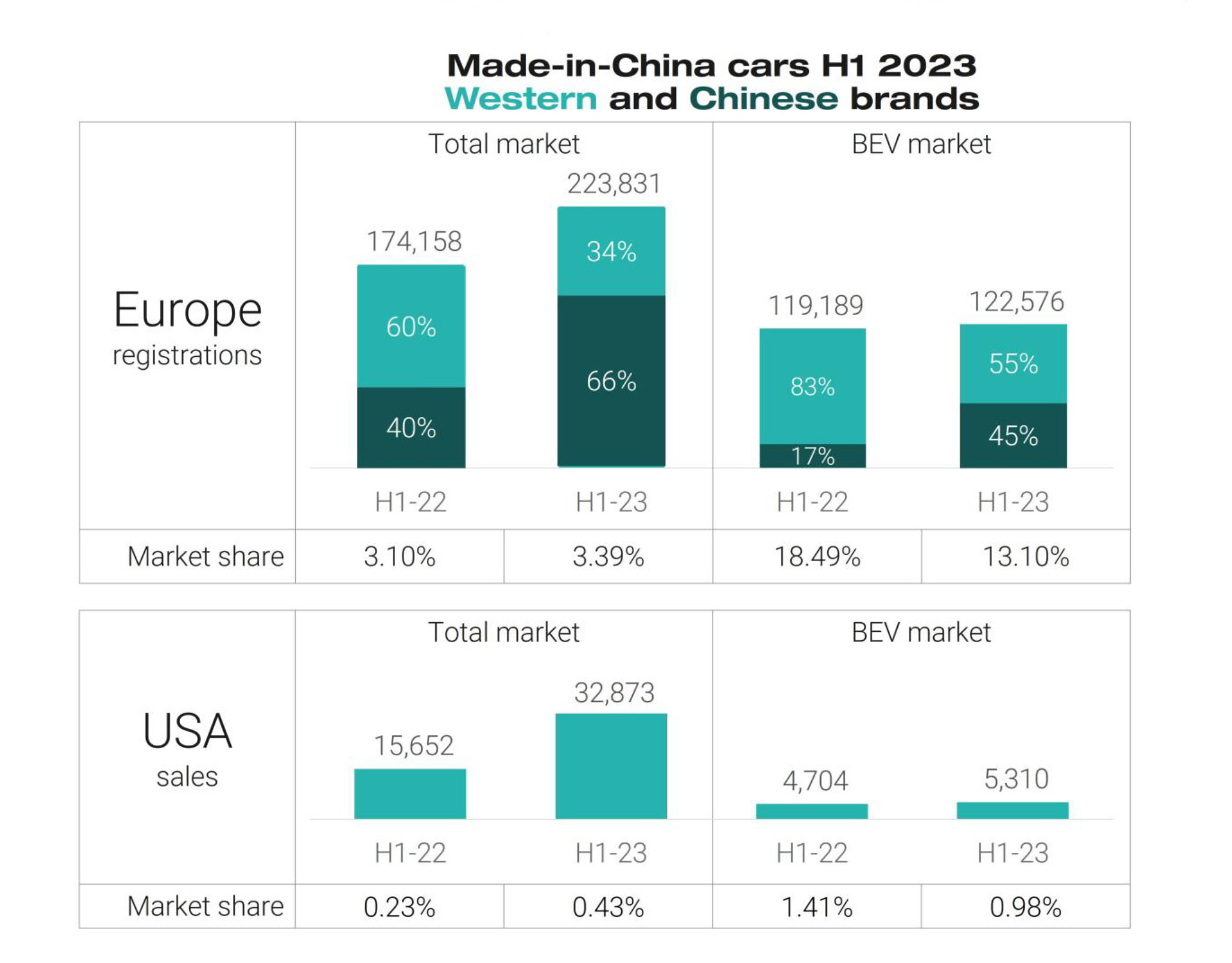bmks270 said:
I don't get the EV love when compared to many PHEV that seem to have it all. They are in-between ICE and full EV. Some models are only 2-3k extra over their ICE counterpart, which shows they can be economically scaled, but better performance, and cost of gas over ownership life can easily make up for the price difference.
This is my personal Take, a Hybrid is the worse of both worlds. They bring problems from both worlds without being great at anything for the typical in town commuter.
You still have to change brakes, oil, ICE engine maintenance, But then you have to change out the battery around 150K miles at around 5K costs.
What the Anti EV crowd does't realize is having an EV is a lifestyle choice. I don't really care much about green, liberal policies, etc. I am conservative and all it matters is pricing and needs which an EV fits perfectly for my daily 100 mile a day drives. In 3 year of owning a Model Y, I supercharged 3 times and prob spent 1 hour at the chargers which is wayyyyyyy less time than with a similar 70K miles ICE vehicle.
I enjoy the low maintenance, time saving, money saving, quiet ride. That is is.
The Battery replacement issue s OVER RATED. People are driving older Teslas over 300K before replacing a battery and I have never driven an ICE vehicle more than 120K miles without having regular/big repair bills.
I save about 3K/yr on gas/typical ICE maintenance a year on my typical 20K miles/yr not to mention the hours at gas stations/mechanic shops.
It just makes not sense having an ICE on my typical 100 miles of daily drive. I really can not think of one positive that an ICE has for my needs. NONE.


 ][/url]
][/url]